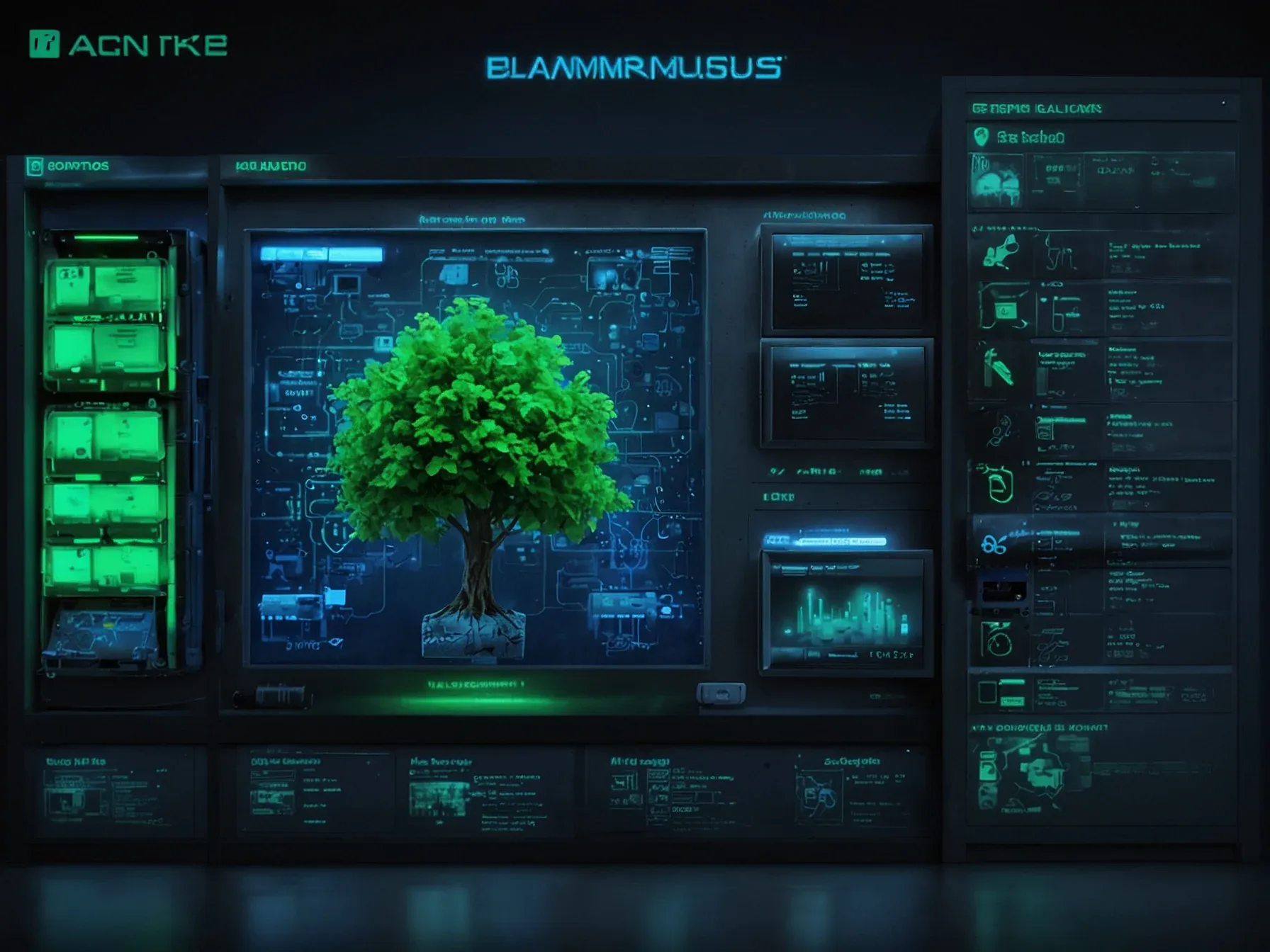
Editorial illustration for Webinar Reveals How Generalist Agents Expand Capabilities via Filesystem Offloading
Generalist AI Agents Offload Tasks via Smart Filesystem
Webinar Shows Generalist Agents Offload Tool Actions to Filesystem
The world of artificial intelligence is constantly searching for smarter ways to expand agent capabilities without complexity. A recent webinar by Manus offered an intriguing solution to a persistent challenge: how can AI agents become more versatile with minimal tool infrastructure?
The traditional approach of loading agents with numerous specialized tools is proving unwieldy. Instead, researchers are exploring more elegant pathways to generalist performance.
Imagine an AI that doesn't need a crowded toolkit, but instead operates like a flexible computer system with strategic scripting. This approach could dramatically simplify how agents interact with complex tasks and environments.
Manus's presentation suggests a radical reimagining of agent design. By offloading actions to a filesystem, generalist agents might achieve unusual adaptability with fewer built-in tools.
The implications are significant for developers and companies wrestling with AI's current limitations. How can we create more responsive, versatile artificial intelligence without exponential increases in complexity?
Generalist Agents With Skills How can generalist agents with few tools perform diverse actions? In our webinar, Manus discussed an approach: offload actions from tools to the filesystem. Instead of many tools, give agents a computer with scripts / instructions for a wide set of actions.
The agent can just use its filesystem and shell tool to perform many actions using these resources. Skills are just a collection of folders, each with a SKILL.md file containing YAML frontmatter and Markdown instructions. Here is a figure from Anthropic's blog post highlighting the structure of a SKILL.md file: Skills offer two advantages over traditional tools: The first benefit is token efficiency.
The filesystem approach to generalist agent capabilities offers an intriguing alternative to traditional tool-heavy designs. By treating skills as organized folder collections with clear documentation, agents can potentially expand their action repertoire without complex integrations.
Manus's webinar suggests a minimalist strategy: equip an agent with basic shell access and a structured filesystem containing pre-written scripts. This method transforms computational resources into a flexible skill library, where each folder represents a potential action set.
The core idea appears to be simplification. Rather than building numerous specialized tools, developers can create a more generalized system where instructions and scripts become the primary mechanism for agent interaction. Each skill, defined by a SKILL.md file with YAML metadata and markdown instructions, becomes a modular, easily manageable resource.
While the approach sounds promising, questions remain about buildation complexity and skill transfer. Still, the concept of offloading actions to a filesystem represents a creative rethinking of how generalist agents might become more adaptable and versatile.
Further Reading
- How Your Terminal Comes Alive with CLI Agents - InfoQ
- The year of the AI agents: why 2026 is about value, not technology - Techzine
- Unlocking the value of multi-agent systems in 2026 - Computer Weekly
- Top 5 AI Agent Trends for 2026 - USAII
Common Questions Answered
How do generalist agents expand their capabilities using filesystem offloading?
Generalist agents can expand their capabilities by using the filesystem as a skill repository, where each skill is represented as a folder with a SKILL.md file containing instructions. This approach allows agents to perform diverse actions using basic shell tools and pre-written scripts, without needing complex tool infrastructure.
What is the key advantage of the filesystem approach for AI agent design?
The filesystem approach offers a minimalist strategy for agent skill expansion, reducing the complexity of traditional tool-heavy designs. By organizing skills as structured folders with clear documentation, agents can potentially access a wide range of actions using simple shell access and pre-written scripts.
Why are researchers moving away from loading agents with numerous specialized tools?
Researchers find that loading agents with numerous specialized tools is becoming unwieldy and inefficient. The filesystem offloading method provides a more elegant pathway to generalist performance, allowing agents to leverage a simple, organized collection of skills without complex tool integrations.




